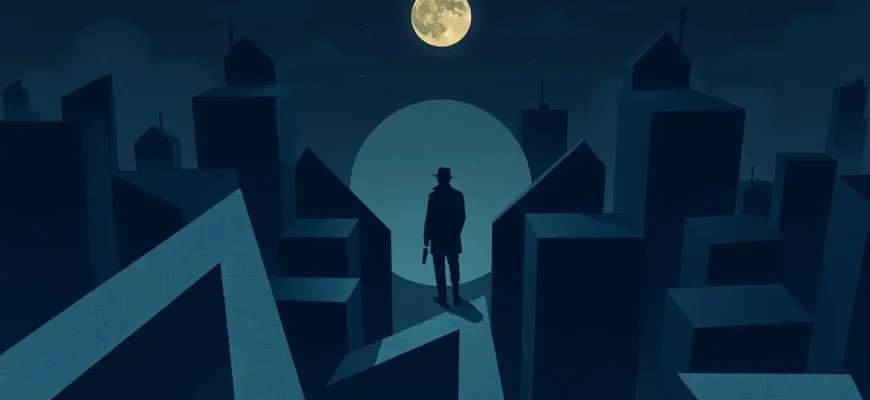Delving into the murky waters of political intrigue and historical darkness, this curated list of detective films set against the backdrop of fascism offers not just thrilling narratives but also a profound look into the human psyche under oppressive regimes. From the shadowy streets of wartime Europe to the chilling corridors of power, these films blend the art of detection with the stark realities of fascist regimes, providing both entertainment and a stark reminder of history's lessons.
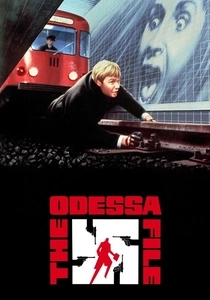
The Odessa File (1974)
Description: A journalist investigates the activities of a secret organization of former SS officers, uncovering a plot to revive fascism in Germany. It's a classic detective story set against the backdrop of post-war Nazi networks.
Fact: The film is based on the novel by Frederick Forsyth, known for his thrillers.
 Watch Now
Watch Now
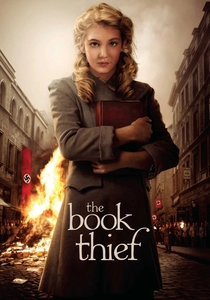
The Book Thief (2013)
Description: Set in Nazi Germany, this film follows a young girl who finds solace in stealing books and sharing them with others, including a Jewish man hiding in her foster family's basement. It's a detective story of sorts, with the girl uncovering the power of words amidst fascist oppression.
Fact: The film's score was composed by John Williams, who has won five Academy Awards.
 Watch Now
Watch Now
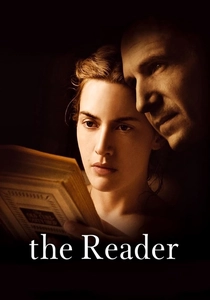
The Reader (2008)
Description: While not a traditional detective film, it involves uncovering secrets from the past, set against the backdrop of post-war Germany. It explores themes of guilt, responsibility, and the lingering effects of fascism.
Fact: Kate Winslet won an Academy Award for Best Actress for her role in this film.
 Watch Now
Watch Now
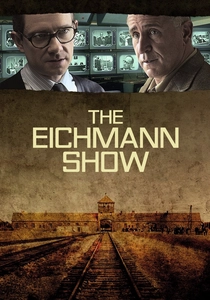
The Eichmann Show (2015)
Description: This film dramatizes the making of the documentary of Adolf Eichmann's trial, focusing on the producers and the moral implications of televising such an event. It's a detective story of sorts, uncovering the truth through media.
Fact: The film was inspired by the real-life events surrounding the trial of Adolf Eichmann.
 Watch Now
Watch Now
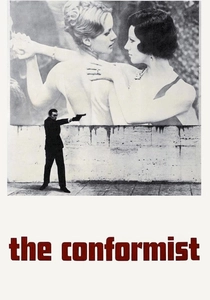
The Conformist (1970)
Description: This film explores the psychological and political motivations of a man who becomes an assassin for Mussolini's regime, delving into themes of conformity, fascism, and personal identity.
Fact: The film's cinematography by Vittorio Storaro is often cited as one of the best in cinema history.
 30 Days Free
30 Days Free
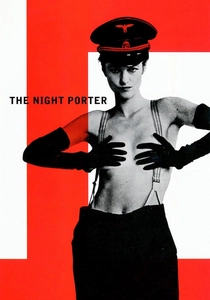
The Night Porter (1974)
Description: Set in post-war Vienna, this film deals with the complex relationship between a former SS officer and a concentration camp survivor, exploring themes of guilt, power, and the lingering effects of fascism.
Fact: It was controversial upon release for its depiction of the relationship between the characters.
 30 Days Free
30 Days Free
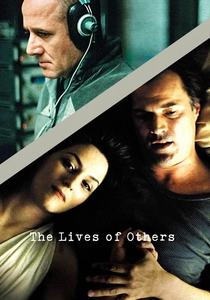
The Lives of Others (2006)
Description: This film, set in East Germany, follows a Stasi officer who becomes increasingly involved in the lives of the people he is surveilling. While not directly about fascism, it deals with similar themes of surveillance, control, and resistance.
Fact: It won the Academy Award for Best Foreign Language Film in
 30 Days Free
30 Days Free
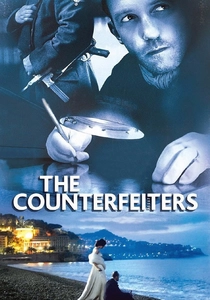
The Counterfeiters (2007)
Description: This film tells the true story of Operation Bernhard, where Jewish prisoners in a Nazi concentration camp are forced to forge British banknotes. It's a gripping tale of survival, deception, and moral dilemmas, making it a perfect fit for this list.
Fact: The film won the Academy Award for Best Foreign Language Film in
 30 Days Free
30 Days Free

The Girl in the Café (2005)
Description: Although not directly about fascism, this film involves a political thriller element where a civil servant uncovers a plot at a G8 summit, reflecting on global issues including the legacy of fascist ideologies.
Fact: It was written by Richard Curtis, known for his romantic comedies.
 30 Days Free
30 Days Free

The Damned (1969)
Description: This film examines the rise of Nazism through the lens of a wealthy German industrialist family, showcasing the moral decay and political intrigue that led to the fascist regime.
Fact: It was directed by Luchino Visconti, known for his epic historical dramas.
 30 Days Free
30 Days Free

